We may receive a commission if you make purchases through affiliate links (at no extra cost to you). Read why our approach to travel is different.
I had the pleasure of living in Taiwan as a student while I was studying Mandarin Chinese, but the Taiwan of 2016 and the Taiwan of today are very different. I’m fortunate to visit Taiwan frequently and I’m still very much in touch with the island. I realized there are quite a few things to know about Taiwan which all first-timers (and even second- and third-timers) should know before they visit Taiwan.
The travel landscape of Taiwan has majorly changed due to Covid. Places that you might have visited before the pandemic might no longer be open. And post-Covid Taiwan has different rules and customs which you should know about.
Having said that, this is a country which has it all: you can get from mountain to sea within an hour, experience a unique fusion of Chinese, Japanese and Western culture, and sample tasty (and very unique) foods (stinky tofu, anyone?). And, just for good measure, Taiwan is one of the friendliest and safest places that you can travel to in the world.



Things have changed, but one thing I absolutely can promise: it won’t be long into your trip to Taiwan before you start wondering why you hadn’t visited Taiwan sooner.
Skip to...
Is Taiwan safe?
Although there is undeniable geopolitical tension with Mainland China which pervades the political and social consciousness of Taiwan, there is a remarkable sense of safety and a welcoming atmosphere for tourists throughout Taiwan. Taiwan is constantly among the safest countries in the world as assessed for crime.
Even in food courts or popular spots like McDonald’s, it’s not uncommon to witness people reserving seats with their personal belongings like bags or phones, only to return to find them untouched. Taiwan is also suitable for solo female travelers, though it’s always important not to be complacent wherever you travel to.

You may have heard about an earthquake hitting Taiwan, the strongest in 25 years. Unfortunately, earthquakes are a regular part of living on this island. The good news is that building construction has been continuously improving to withstand these quakes over the years.
Earthquakes do happen relatively frequently in Taiwan, so it’s also important to know what to do when an earthquake strikes: drop, cover, and hold on.
When is the best time to visit Taiwan?
If you’re looking for travel tips for Taiwan, the first thing you want to consider is the weather. Taiwan’s subtropical monsoon climate brings wet, humid weather, especially in the capital city Taipei where you’ll experience more humidity than in southern cities. Winters in Taipei can be cold due to high humidity and frequent rain, disappointing visitors who would like to explore the island during that time of the year.



For Taipei, it’s best to visit in spring (March to June) or fall (September to November). During these months you’ll avoid the extremes of winter rain and summer humidity. However, for southern cities, like Kaohsiung, the weather is pleasant and more stable.
The Taiwanese always joke that if you experience bad weather in Taipei, you could simply head south to escape it.
When is the best time to visit Taroko National Park?
Taroko National Park, one of the most spectacular sights in Taiwan, should be visited during spring or fall when weather is dry and chilly.

After the earthquake of April 2024, a significant portion of the infrastructure in the park was damaged. Many trails in the park are not open, and generally, terrain in Taroko National Park is unstable and prone to landslides or falling rocks. Make sure to check the Park’s official website for updates of the opening of trails.
What should I be aware of when meeting locals?
Taiwanese culture is a fusion of traditional Chinese customs, contemporary commercialism, and a sprinkle of cultural etiquette influenced by decades of Japanese colonial rule. Generally, you’ll find Taiwanese people to be more reserved and keep to themselves.
Having said that, being reserved should not be confused for unfriendliness. Feel free to wave or say nihao (hello). However, I recommend you avoid physical touches or hugging unless you’re sure it’s fine for the person. And in terms of interfacing with the public, it was already an expectation to wear a surgical mask in public when feeling ill before the Covid-19 pandemic. As you’d expect, this is even more the case following the pandemic.

What should I know about food in Taiwan?
Convenience stores like 7-Eleven, Family Mart, and OK Mart are more than just places to grab a quick snack or drink. It’s no exaggeration to say that convenience stores are the lifeblood of Taiwan and are responsible for a big chunk of Taiwanese economic activity. You’ll find all types of goods and services 24 hours a day.
From food to daily necessities, and services like ATMs, printing, and even microwaving, these stores have you covered. When other shops call it a day, convenience stores are always there to welcome you with open arms.

If you haven’t yet mastered Chinese (get cracking), reading menus will be one of your biggest challenges. This is especially so in traditional restaurants where English translations are very often not offered but the food is very often some of the best.
Most travel tips for Taiwan will usually recommend Google Translate. It works quite well, but we recommend the specialist app Waygo for accurate translations. You’ll still sometimes get strange, literal translations for food (like “dragon back balls”) that don’t get you any closer to understanding what it is. However, it usually gets you most of the way there.
Failing that, if you’re struggling to decipher a menu and still curious, the best thing to do is to copy the Chinese characters into Google Images. This way, Google images will share what the dish looks like.

After Covid-19, many restaurants in Taiwan let you order with your cell phone by scanning a QR code. And typically when you dine in restaurants, you will be given around 90 to 120 minutes of dining time due to the sheer volume of customers.
It might feel a bit restrictive if you’d like to chat with friends for hours in the same restaurant. Nonetheless, there is usually a great reason to go elsewhere after your meal (like walking the streets to sample some of Taiwan’s very unique desserts).
Unlike in the U.S., there’s no tipping culture in Taiwan. Occasionally, service fees will be added to the receipt in some restaurants.
Is tap water safe to drink in Taiwan?
Even though government agencies state that tap water is drinkable, it’s the pipes and water tanks which store tap water. In short, tap water safety for buildings on the whole can’t be guaranteed. The simple truth is that those tanks and pipes may not be cleaned regularly, and they usually aren’t.

Like locals, we suggest you don’t drink tap water in Taiwan. It’s best to filter and boil the water before drinking.
What are the best ways to get around?
To plan your routes, Google Maps works perfectly and gives the correct trains, metro, and buses to take to get to your destination.
Between cities
The High Speed Rail (HSR) serves the northern and western parts of Taiwan. The HSR will take you between city centers within two hours. But time is money; so, being as fast as it is, an HSR ticket is more expensive than other transportation options. You should absolutely buy your ticket in advance to take advantage of preferential foreign pricing.
If you’re on a budget, you could also take local buses or the Taiwan Railway. These options may take you longer but will be significantly cheaper.

Within cities
The MRT (Mass Rapid Transit), or metro, is a subway system which is so blissfully easy that you’ll be left wondering why Western capitals can’t do the same. You’ll find local MRTs in the major cities of Taipei, Taoyuan, Kaohsiung, and Taichung. Speaking of travel tips for Taiwan – this one is simple: take the MRT whenever you can. It’s clean, speedy, frequent, and budget-friendly.

Besides the MRT, buses are also convenient to get around cities. You can find out the real-time bus schedule by downloading an app called BusTracker or Bus+. Otherwise, simply check electronic signs at the bus stops.
However, get ready for the wild driving of the bus drivers. Anyone that has taken a minibus in Hong Kong will know what you’re about to get involved with. But in short, hold on tight or find a seat to avoid flying from the back to the front of the bus. And remember to scan your card when boarding and alighting – it’s essential to do both!

On transport, eating or drinking (even water) is not permitted. This is even more pronounced following the pandemic. Also, it’s important to speak softly or quietly in public spaces. Choosing Uber or taxis can be faster and more comfortable. However, a private car often comes at a higher cost than other options.
Easy Card
One of our top travel tips for Taiwan is to buy an Easy Card. This card is the local travel pass that costs only NT$100 (US$3) for the card itself. And because this is Taiwan, the Easy Card doesn’t just function as a rail card. It’s closer to a debit card which you can use to buy things across Taiwan (including in convenience stores).
What’s the best way to keep up with local news?
TaiwanPlus, a public media outlet tailored for English speakers in Taiwan, offers high-quality news about local happenings to keep you informed and connected with what’s happening in this island. This includes weather events which are very important for planning your travel around the island.

Do I need a visa to visit Taiwan?
U.S., Canadian, British, and Australian tourists do not require a visa if your stay in Taiwan is up to 90 days.
Share This Article

Traveling soon? Subscribe to The Insight below and get exclusive access to our personalized travel advice community via WhatsApp so you can ask all your burning travel questions.
Looking for the best comprehensive travel insurance? SafetyWing has you covered.
And for your eSIM in every country, there is only one option we recommend: Airalo.
Read more of our best insights from around the world
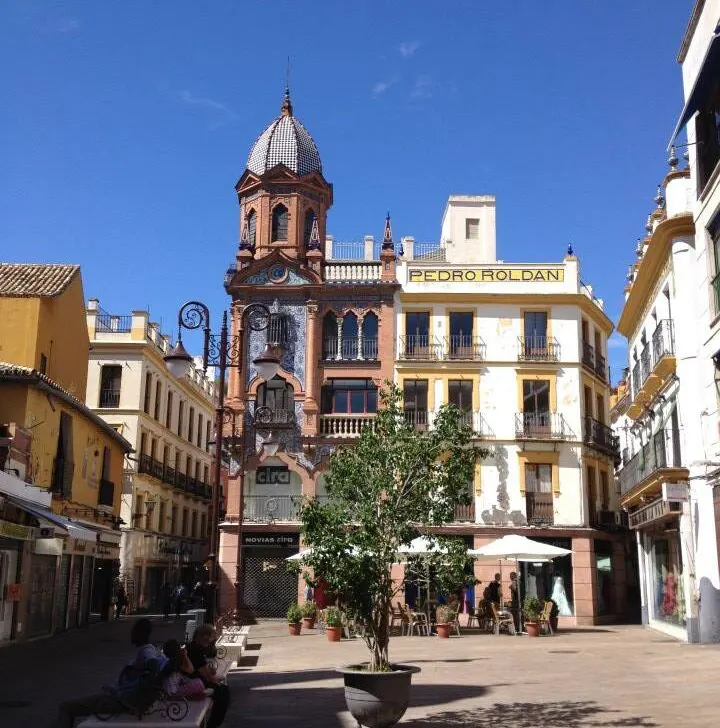
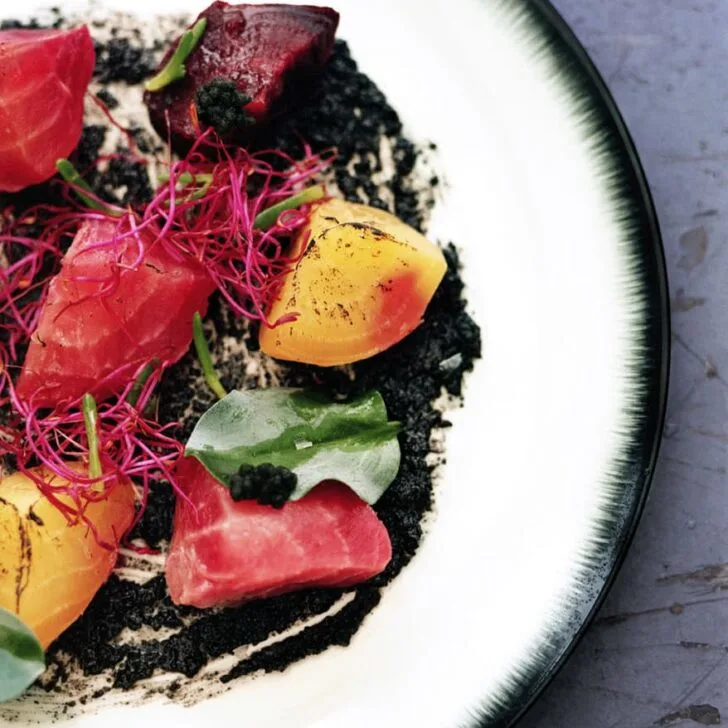
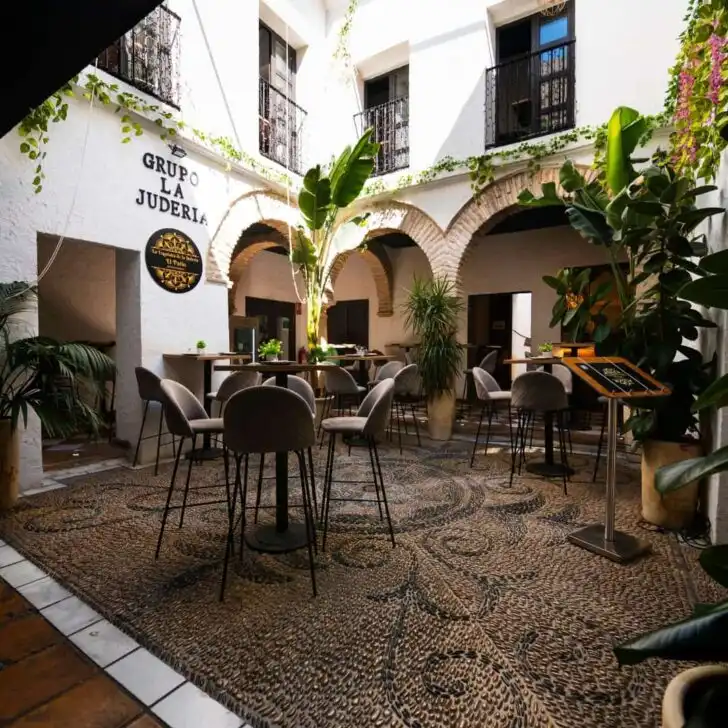

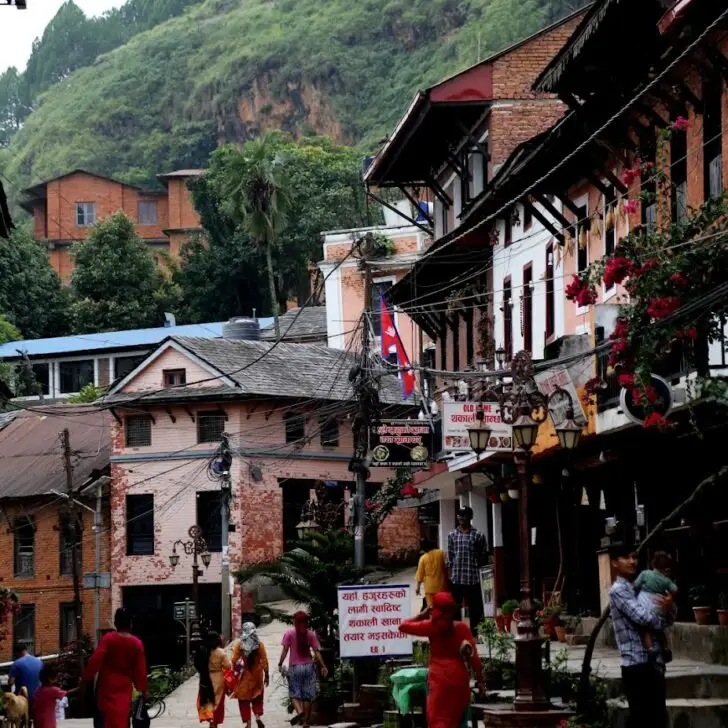
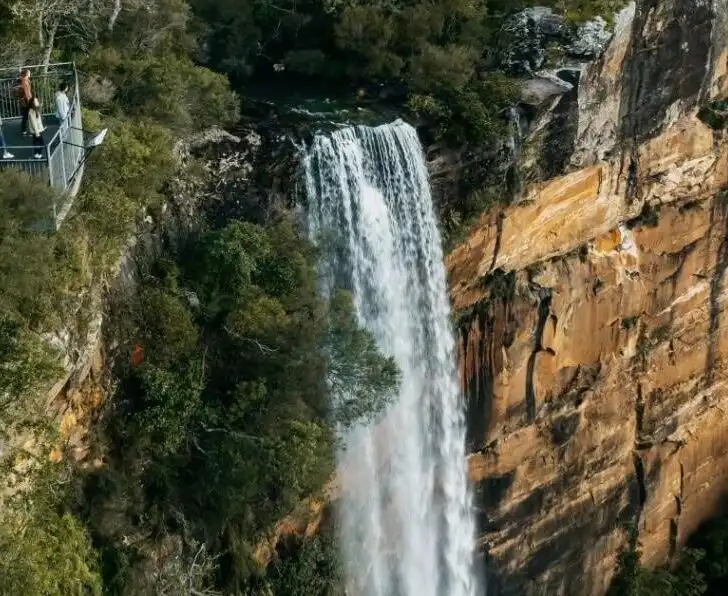
Rodrigo J
Thursday 18th of July 2024
Can't believe how much Covid has changed Taiwan. Would you say similar trends exist in Korea and Hong Kong? I'm going in November. Thanks.